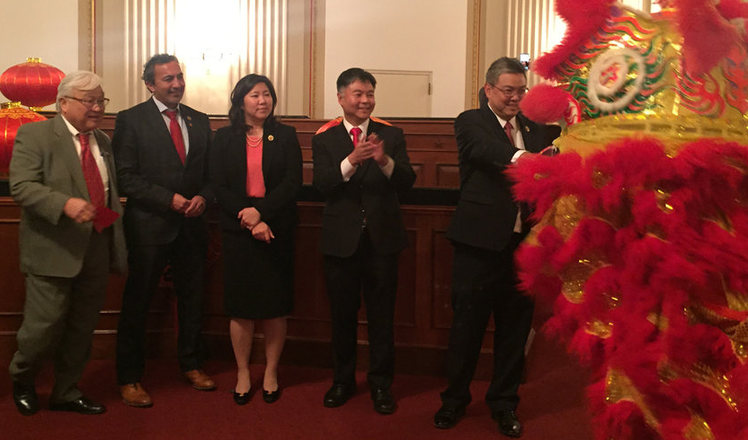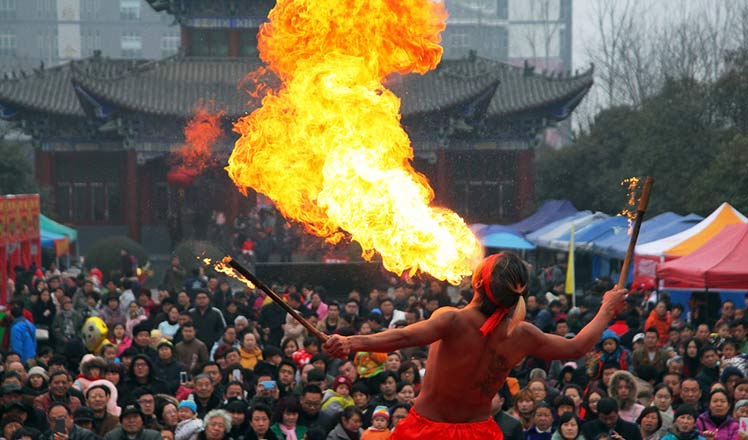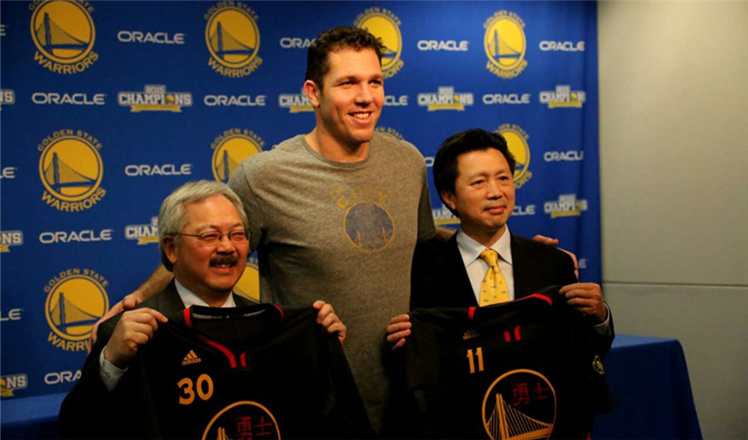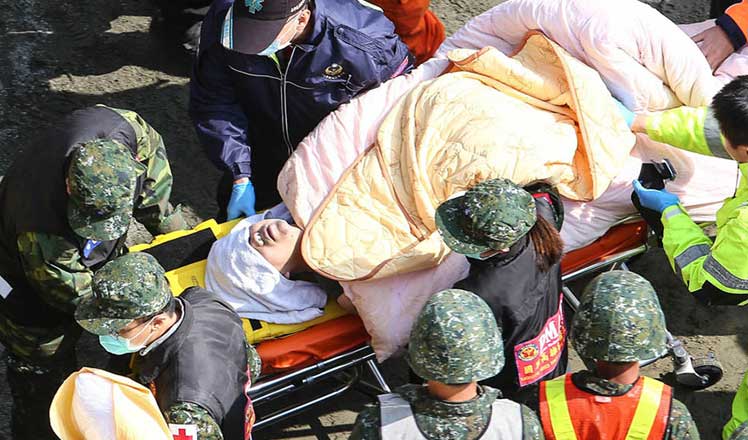Never look back – former child soldiers crafting new lives
Updated: 2016-02-12 15:46
By Li Kun(chinadaily.com.cn)
|
||||||||
Seventeen-year-old Abdi, in the blue overalls of an electrician trainee, is fixing the red and blue electrical wires hooked onto a wooden board. Not far away, one of his fellow trainees has climbed a ladder to check on the florescent light to which Abdi's wires are connected: It won't light up.
"I used to be brave – a lion – among the soldiers," says Abdi matter-of-factly. "I was at war, fighting against other groups."
Taking a break from the wires and bulbs, Abdi sits down to talk to me about the days when he was not in blue overalls, but an army uniform. He was once a soldier, lured into Somalia's endless civil war by the ideology and the monthly salary.
"At the beginning, we thought these people were good. Their ideology was based on religion." As Abdi gets deeper into his story, his gaze grows intense and hands start to gesture, as if it will help him to rid the burden he has been carrying ever since. "But eventually we realized that their ideology was a misinterpretation of Islam. They were doing nothing but harming the communities we belong to. So I left."
"My family was so happy to see me. But I didn't know what to do with myself, and how to spend my days." With limited education, no skills and no hope of finding a decent job, Abdi soon found himself trapped in yet another limbo.
Then he heard about the vocational training programs for former child soldiers. With the encouragement of his family, Abdi enrolled in a program run by INTERSOS – an Italian NGO and a partner of UNICEF. Faced with a choice of skills training in carpentry, plumbing, electrical or tailoring, he chose electrical.
"I envision myself finishing this course then finding a good job as a professional electrician," says Abdi. His voice is filled with confidence. Making the best out of his second chance is clearly his top priority. And he is not alone.
Back in the courtyard, activities are in full swing. One corner is occupied by the carpentry group. A young man works a power drill with great enthusiasm, while another tackles a piece of wood with an equally-loud sander. Separated by the office building is the plumbing group. Under the guidance of a teacher, one by one, they go up to the center and practice on a gadget with tools in various shapes and sizes.
Away from Abdi's colleagues, in a large classroom, a group of young women are also busy – not with saws and drillers – but with needles, thread and sewing machines. Their easy familiarity with the flywheels and pedals makes it hard to tell they only started learning how to use the machines six months ago.
Like boys, girls are equally vulnerable, if not more in the face of armed conflicts. Out of the 100 trainees at this centre, 30 are girls who were once recruited by armed groups or at risk of being recruited.
One of the most devastating consequences of Somalia's civil war, which has lasted more than two decades and is still raging, is the violent, abusive and exploitative treatment of children. UNICEF estimates that there could be 5,000 children and youth currently within the ranks of various armed groups. The situation is particularly dire in the Central and South regions.
"I joined the Al-Shabaab because I was still a child – I was too young to make decisions," says Ali, another trainee enrolled in the vocational training courses. With funding from the European Commission, UNICEF is able to support these children and help local authorities, NGOs, civil society and communities protect those who are at risk and provide reintegration support to those who want to start a new life.
When they graduate, each of the trainees will receive a startup kit, and be given continued support in their journey to be embraced again by their families and communities. Meaningful support like vocational training is key to protect children and youth from the preying eyes of the militias, and keep them where they really belong.
Both Abdi and Ali are determined not to go back to the military.
"It is very stressful to be with those groups," says Ali. "For those who are thinking of joining, I would ask them to think again. It will not give you a good life. Only empowering ourselves through education can give us a good life.
Never join the groups. It will only lead you to death."
The author is a Communication Specialist with UNICEF Somalia. kli@unicef.org
- General strike against pension reform brings Greece to standstill
- Madrid airport sounds alarm after bomb threat on Saudi plane
- Obama proposes new oil tax to fund clean transportation
- UN special envoy announces temporary pause of intra-Syrian talks
- Taliban kill 10-year-old hailed as militia hero
- Obama slams anti-Muslim rhetoric during first visit to US mosque

 Spectacular Harbin snow sculptures draw holidaygoers
Spectacular Harbin snow sculptures draw holidaygoers
 First Capitol billing for Lunar New Year
First Capitol billing for Lunar New Year
 All you need to know about China's Spring Festival temple fairs
All you need to know about China's Spring Festival temple fairs
 Special souvenirs
Special souvenirs
 Opening bell on Chinese New Year's Day
Opening bell on Chinese New Year's Day
 The world celebrates Spring Festival with China
The world celebrates Spring Festival with China
 Ditan Park temple fair embraces Chinese New Year
Ditan Park temple fair embraces Chinese New Year
 Xi Jinping grieves over Taiwan quake, vows aid
Xi Jinping grieves over Taiwan quake, vows aid
Most Viewed
Editor's Picks

|

|

|

|

|

|
Today's Top News
National Art Museum showing 400 puppets in new exhibition
Finest Chinese porcelains expected to fetch over $28 million
Monkey portraits by Chinese ink painting masters
Beijing's movie fans in for new experience
Obama to deliver final State of the Union speech
Shooting rampage at US social services agency leaves 14 dead
Chinese bargain hunters are changing the retail game
Chinese president arrives in Turkey for G20 summit
US Weekly

|

|







